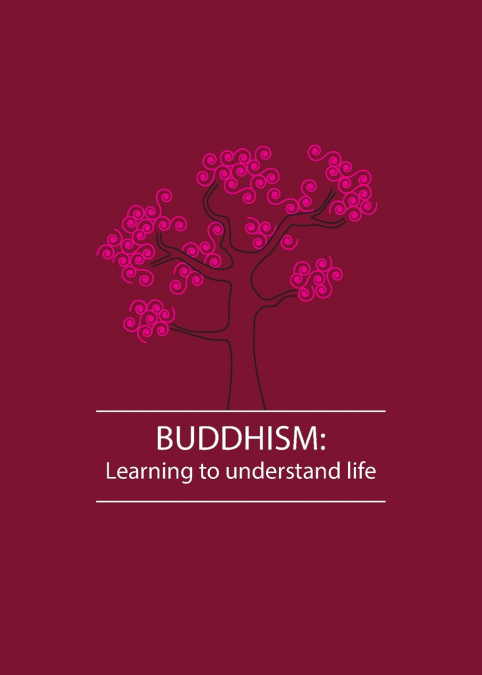
 Librería Desdémona
Librería Desdémona
 Librería Samer Atenea
Librería Samer Atenea
 Librería Aciertas (Toledo)
Librería Aciertas (Toledo)
 Kálamo Books
Kálamo Books
 Librería Perelló (Valencia)
Librería Perelló (Valencia)
 Librería Elías (Asturias)
Librería Elías (Asturias)
 Donde los libros
Donde los libros
 Librería Kolima (Madrid)
Librería Kolima (Madrid)
 Librería Proteo (Málaga)
Librería Proteo (Málaga)
It is by conditions that at this moment seeing arises then hearing, then perhaps dying, we never know the next moment. It is all beyond control. Each consciousness, citta, falls away but it conditions the next one and that is why tendencies are carried on from moment to moment and from life to life. What we take to be a person are just different mental and physical phenomena arising and passing away. The Buddha analyzed these in detail as nama (mind/mental factors) and rupa (physical/material phenomena). Nama can experience or know objects, while rupa cannot experience but can be experienced by nama. Seeing is nama that experiences visible object or rupa. Consciousness (citta) is the chief mental factor that arises to know an object. It is supported by other mental factors (cetasikas) that each have their own function. Consciousness and mental factors arise in processes or series, experiencing objects through the sense doors and mind door. This shows their impermanence and non-self nature. There are many different types of consciousness - wholesome, unwholesome, results of past kamma. We cannot control what type arises, only understand them. The aim is to develop understanding of realities as they are, as impermanent and non-self. This understanding can gradually eliminate ignorance and attachment to self. Mindfulness (sati) arises to remember or be aware of whatever reality appears in the present moment. It is not self-induced but depends on conditions. The Buddha’s teachings help live naturally while seeing the true nature of experiences, not relying on self.